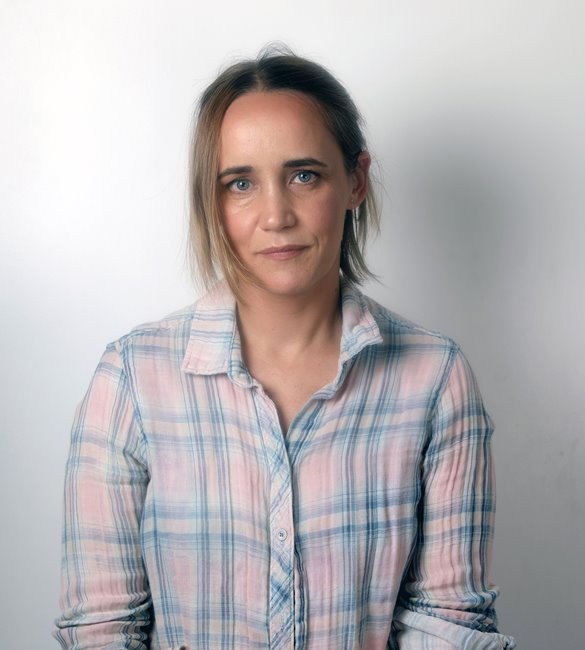Antonella’s mother Felicitas and her sister Carolina dry, comb and rub her hair with rosemary oil, at home in Buenos Aires, Argentina. Numerous academic studies highlight the importance of strong parental support in creating positive attitudes towards education among children studying at home.
In August 2020, Antonella (12), who lives in Buenos Aires, Argentina, vowed to cut her long hair only when she could resume in-person classes at school, which had been suspended as a result of the COVID-19 pandemic. Antonella said she was offering up her most precious treasure in exchange for her school life back. Her hair was her identity. She felt she lost her identity without school, and said: “When I finally go back to school they will know I’m a different person, I feel like a different person.” In March 2020, the Argentine government had closed schools across the country in a move to contain the COVID-19 pandemic. Around 10.5 million young students experienced disruptions to their education. Antonella’s school did not fully reopen until September 2021. She cut her hair on 25 September 2021, on the weekend before she returned to classes.
At least 463 million children worldwide were unable to access remote learning in 2020 when schools across the globe closed to prevent the spread of the coronavirus, according to UNICEF. The organization also found that by February 2021 schools in Central and South America and the Caribbean had experienced the world’s longest lockdown. Learning experiences were very much affected by households’ access to technology, internet access, and the availability and ability of parents to provide at-home schooling, with children from low-income households often being impacted the most. A UNICEF poll also indicated that the school closures had an effect on mental health in the region, with students reporting issues with anxiety, depression, and lowered motivation. In Argentina, the lockdowns further disrupted an education system already facing structural issues and issues of economic disparity.
The photographer met Antonella in the course of a long-term project researching and photographing women with long hair. As a result of Antonella’s vow, she refocused the project to tell the story of a crisis in education, and of young students’ lives in lockdown.

